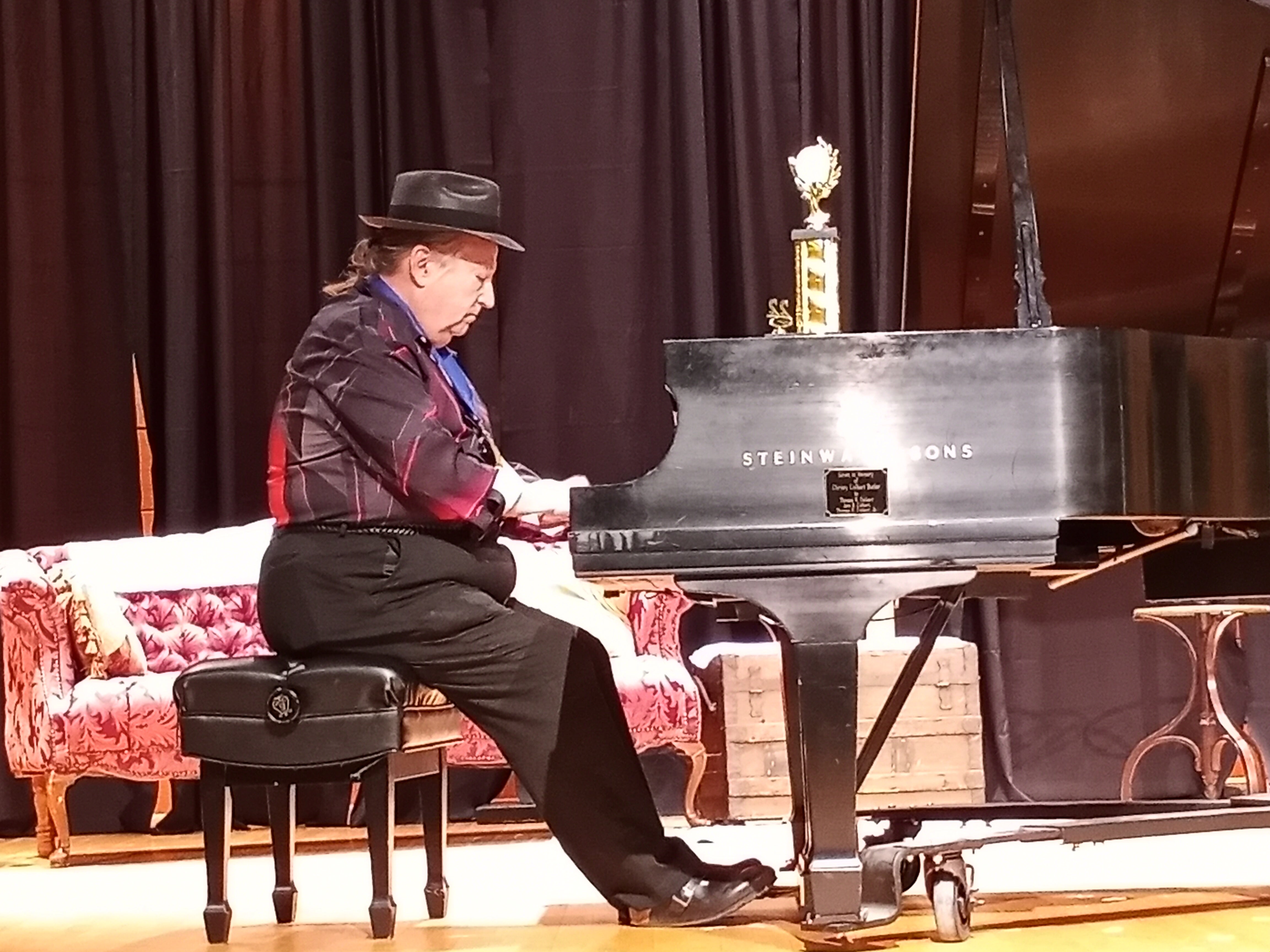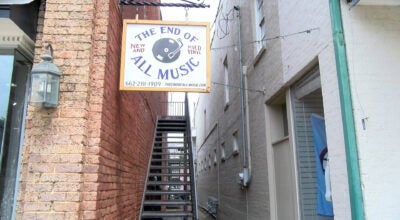Lawmakers: Didn’t think law would legalize sports betting
Published 9:53 am Friday, July 14, 2017
By Adam Ganucheau
Mississippi Today
Sponsors of a new state fantasy sports betting law that could allow gambling on real sporting events say they never considered that possibility when pushing for the law’s adoption.
“We did not see (House Bill 967) in the same light as sports betting,” said Sen. Sean Tindell, R-Gulfport, who defended the bill in the Senate and was the main author on the identical Senate version.
“We knew there was a federal law that prohibited sports betting but allowed fantasy sports gaming,” Tindell said. “We weren’t concerned with sports betting then because we knew the federal law would trump anything we could pass.”
But the U.S. Supreme Court’s recent announcement that it will hear arguments next term on the federal ban has raised the prospect that a court decision against the ban would open the door for such gambling at Mississippi-based casinos. State gaming officials say language in state law barring “sports betting” was removed by the fantasy sports betting law.
The words “sports betting” were not written in the 2017 bill. It was publicly pitched as a way to add regulatory oversight and clean up a 2016 law that legalized online fantasy sports gaming.
Lawmakers who defended the bill on the House and Senate floors and in committee meetings never used the words “sports betting.” No other members raised questions about the possibility that the bill might one day bring the game to Mississippi.
As Mississippi Today reported earlier this week, state gaming officials – now poised to regulate sports betting in Mississippi should the U.S. Supreme Court rule favorably – said language in that 2017 bill effectively paved the way for sports betting in Mississippi.
“I didn’t know about the sports betting part of that bill until I heard about it today,” Rep. Timmy Ladner, R-Poplarville, said Wednesday. Ladner is vice chairman of the House Gaming committee and one of six co-sponsors of the bill.
Committee chairmen and legislators who pushed the bill interviewed this week maintain the bill’s intent was never to legalize sports betting.
“The intent of this bill absolutely had nothing to do with sports betting,” said Rep. Scott DeLano, R-Biloxi, a co-sponsor of the bill who handled it on the House floor. “The 2017 bill put in place consumer protection pieces and regulations to prevent businesses from taking advantage of our constituents for fantasy sports. That’s it.”
But since the law was signed in March, the U.S. Supreme Court has agreed to hear arguments on whether sports betting should be legalized at New Jersey casinos and racetracks. At issue is the Professional and Amateur Sports Protection Act of 1992, which effectively outlawed sports betting nationwide except for Nevada.
Mississippi is one of five states that joined New Jersey’s effort to have the case heard by the Supreme Court. Attorney General Jim Hood said the state petitioned for a hearing because it views the federal ban as an intrusion on state jurisdiction.
In 2016, the Legislature passed a law that legalized fantasy sports gaming in Mississippi. That law allowed Mississippians to bet inside existing gaming establishments on performances of individual players through websites like Fan Duel and Draft Kings, but not on final outcomes of real sporting events.
In the summer of 2016, a special task force was commissioned by lawmakers to study further amendments that were needed to improve that 2016 law. The group – which included representatives from the casino industry, the professional sports industry, several state government agencies and lawmakers – came away with a draft of the bill that ultimately passed in 2017.
Multiple people who attended those task force meetings said sports betting was never mentioned.
Legislators weren’t the only ones who seemingly didn’t know the bill could legalize sports betting.
Laura Hipp, spokeswoman for Lt. Gov. Tate Reeves, issued this statement: “Obviously, the original intent of HB 967 was to provide a legal framework for fantasy sports in Mississippi and the lieutenant governor supported that effort. As is often the case, different lawyers have different interpretations on whether the changes made, whether intentional or not, have any implications on other types of gaming in our State.”





